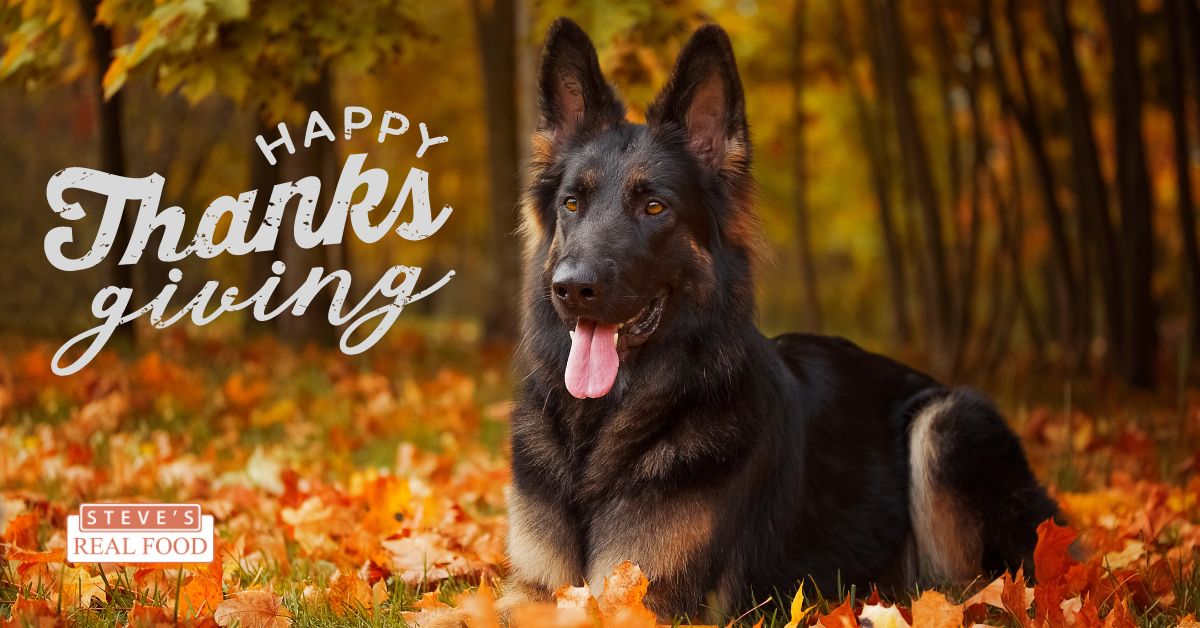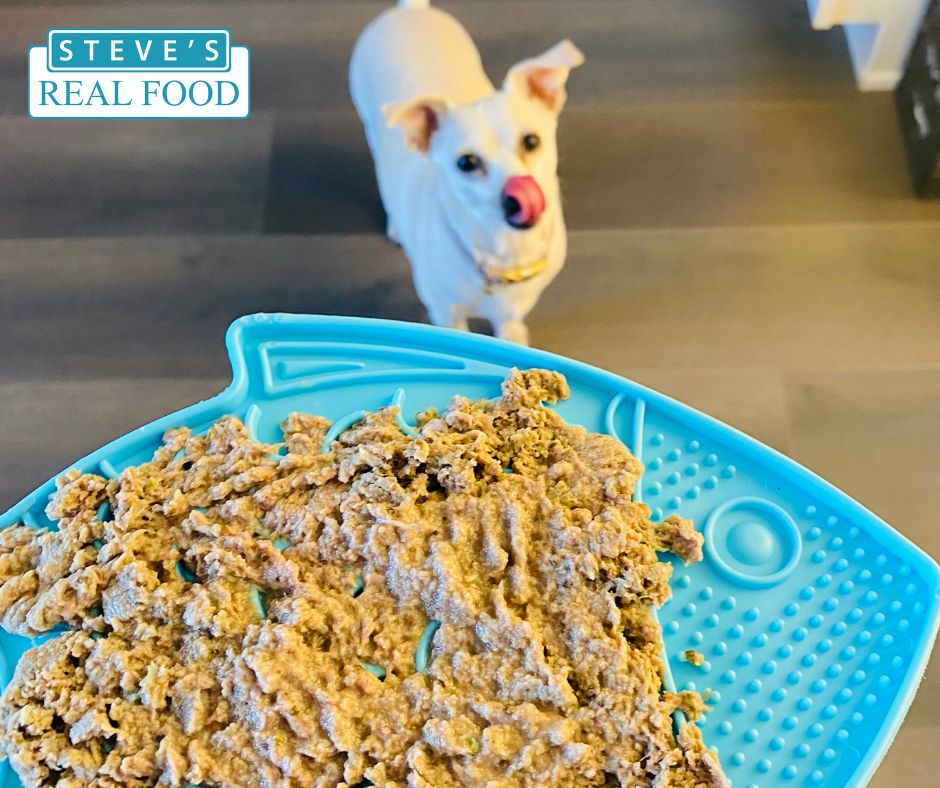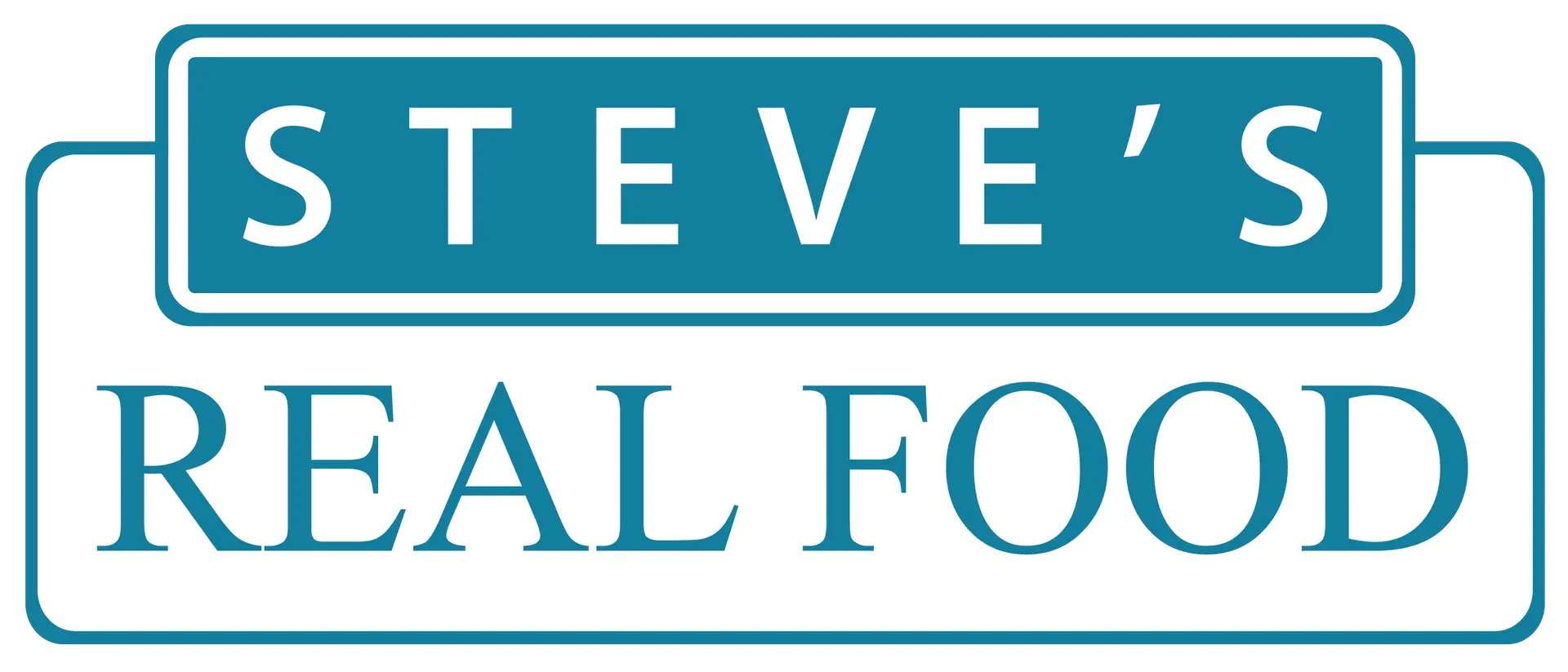Tips for a Safe Thanksgiving for Your Dog and Cat

Thanksgiving is the #1 day of the entire year for emergency vet visits. Here are a few tips to remember this Thanksgiving to ensure your pets have a happy and safe holiday.
Benefits of White Fish Food for Dogs

Have you ever considered adding fish to your dog’s diet? If not, maybe it’s time to consider the many benefits of feeding a dog food with fish in it.

